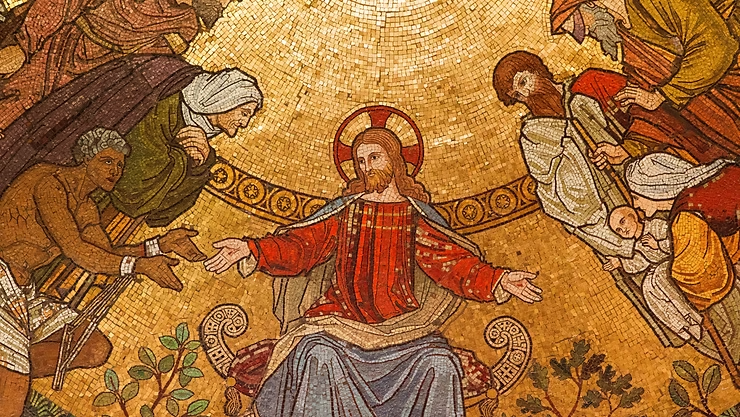The Significance of Sacraments in Christianity
Sacraments are central to Christian faith, serving as sacred rites that symbolize and convey divine grace. Rooted in ancient traditions and shaped by theological evolution, they represent moments of spiritual connection, transformation, and commitment. While interpretations vary among denominations, their spiritual significance remains deeply embedded in Christian life and worship.
Understanding the Origins
The origin of sacraments traces back to the early Church, with Jesus Christ instituting key rites like Baptism and the Eucharist. These were initially practiced by the apostles as a way to impart divine grace. Over time, additional sacraments were recognized through ecclesiastical councils, reflecting the growing understanding of their spiritual value.
Symbolism and Meaning
The word sacrament comes from the Latin “sacramentum,” meaning solemn oath, used to translate the Greek “mystērion” or mystery. Each sacrament serves as a visible sign of invisible grace—a moment where God meets the believer in a tangible way.
- Baptism: Signifies purification and rebirth into the Christian life.
- Eucharist: Commemorates the Last Supper, uniting the believer with Christ’s body and blood.
- Confirmation: Seals the gift of the Holy Spirit and strengthens faith.
The Seven Sacraments in Roman Catholicism
The Roman Catholic Church recognizes seven sacraments, each marking a vital stage in the spiritual journey:
- Baptism: Entrance into Christian life.
- Confirmation: Strengthens and affirms baptismal grace.
- Eucharist: Nourishes the soul through communion with Christ.
- Penance: Offers forgiveness and reconciliation with God.
- Anointing of the Sick: Provides healing and spiritual strength.
- Holy Orders: Ordains individuals to priestly ministry.
- Matrimony: Sanctifies the union of marriage.
Sacraments as Channels of Grace
In Catholic doctrine, sacraments are more than symbolic—they are effective means of grace. Baptism removes original sin, the Eucharist sustains spiritual life, and Confirmation empowers believers to live in the Spirit. These rites are essential to salvation and the sanctification of the faithful.
Differing Denominational Views
Christian denominations differ in their understanding and number of sacraments:
- Roman Catholics and Eastern Orthodox recognize seven sacraments.
- Most Protestant churches accept only Baptism and the Eucharist as sacraments instituted by Christ.
These differences stem from theological interpretations and scriptural emphasis, often leading to debates on the nature and necessity of sacraments in Christian life.
Contemporary and Ecumenical Perspectives
Sacraments in Modern Worship
Modern worship embraces both tradition and innovation. Some churches now offer virtual communion or inclusive liturgies to meet diverse needs. While methods change, the spiritual essence of sacraments remains intact—offering grace, unity, and renewal.
Ecumenical Efforts
Efforts to bridge doctrinal divides have led to shared sacramental practices and deeper mutual respect among denominations. These ecumenical dialogues emphasize shared faith while honoring theological diversity, promoting a more united Christian witness.
Conclusion
Sacraments continue to hold a central role in Christianity, representing sacred encounters with the divine. Whether in traditional form or modern expression, they mark key spiritual milestones and sustain believers on their faith journey. As Christianity evolves, these rites remain powerful symbols of God’s presence, grace, and promise.

